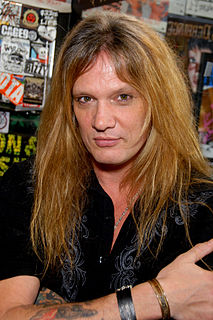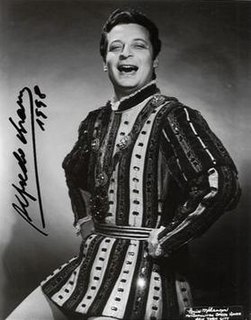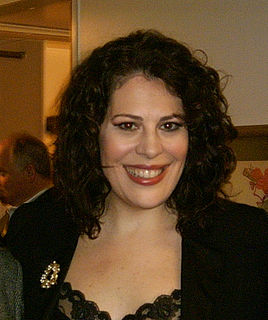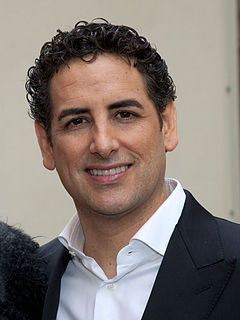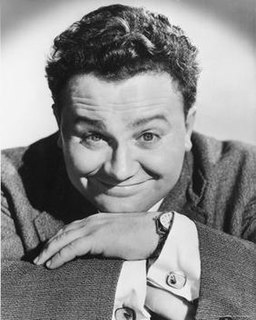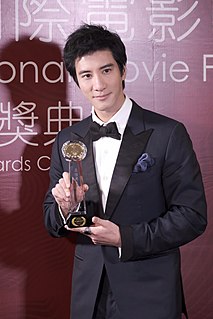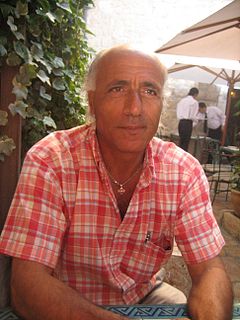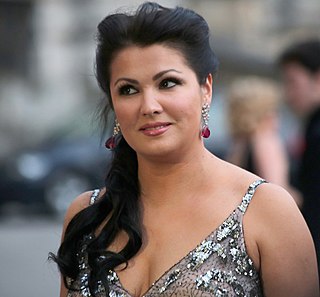A Quote by Robert Davi
There was something in the bel canto, not just opera, but a certain style of Italian singing that I responded to deeply.
Related Quotes
When I'm doing sports, I always think of how it's related to singing, and when I watch tennis, I learn a lot for my singing: how the players are focused, how they use their technique, and, in the case of Roger Federer, how effortless it is and how beautiful it is to watch - like bel canto, in a way. That's how singing should be.
One of my sisters wanted to be an opera singer. So, we spent a few dollars to try to train her, because Italian people would like to have an opera singer in the family. But she's got trouble coughing, let alone singing. One day, she was in the shower singing 'Madame Butterfly,' three days later the Japs attacked Pearl Harbor.
They both changed the way we hear the sound of the piano, both of them inventors of sonority: Chopin took bel canto singing lines and reproduced them on the keyboard above richly upholstered counterpoint; Debussy somehow preserved vibrations in the air, blending their ephemeral magic into music that reaches far back into deep memory.

